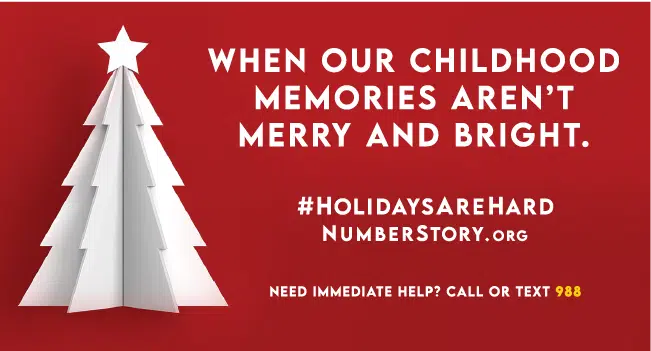
Holidays Are Hard; ‘Tis The Season To Take Care Of You
It’s that time of year again, and I am sure you have noticed how fast the Holiday season is taking over stores. For some, this can trigger the body and create stress or dread….
HOLIDAYS CAN BE HARD
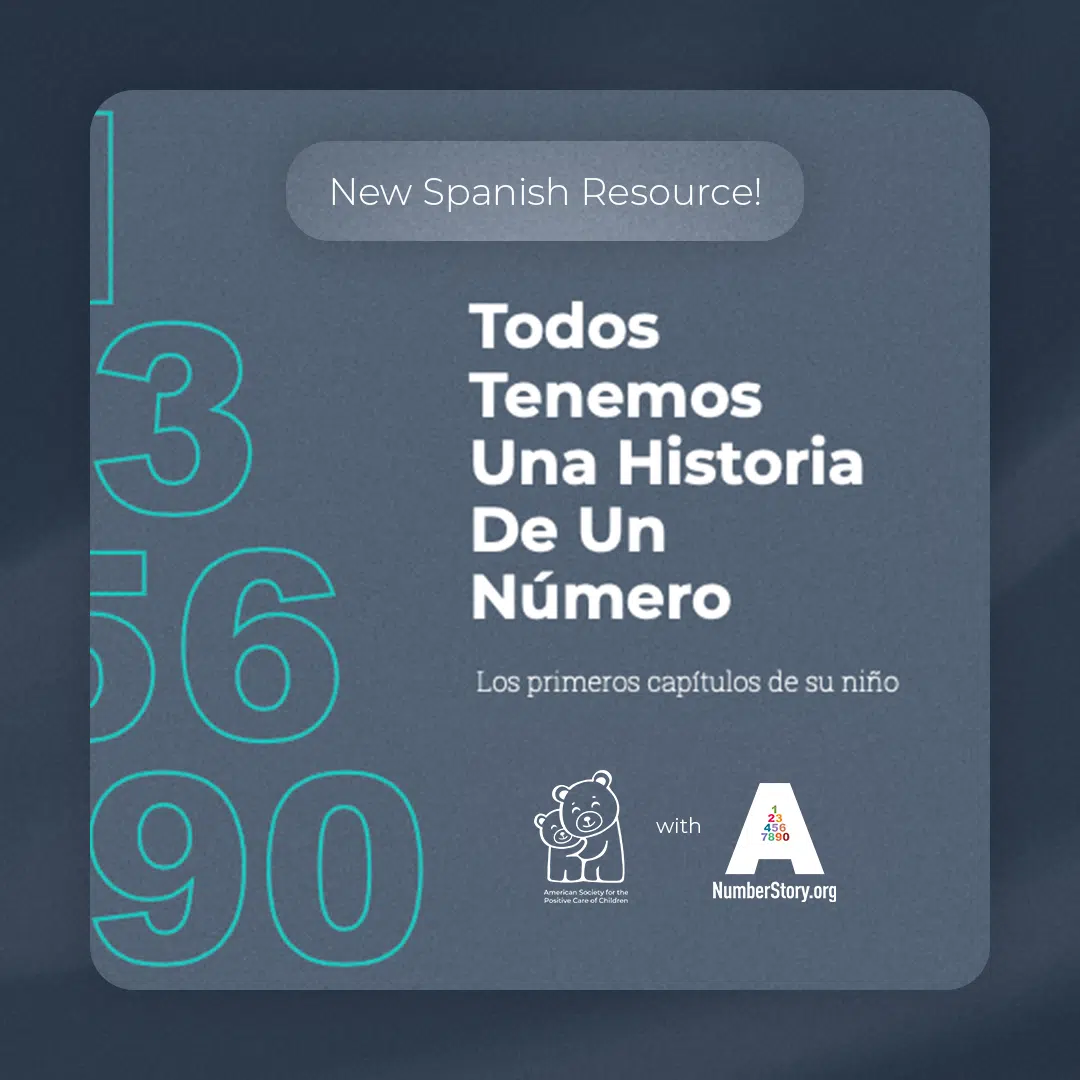
Latine mental health is not a topic we are used to reading or hearing about in media, let alone talking about in our communities. However, in recent years, there has been a significant effort to bring awareness to Latine mental health, specifically through social media platforms like Instagram and TikTok.
Social media opened the door for Latine individuals to learn about intergenerational trauma, ACES, positive parenting, and much more. As a result, more individuals in the Latine community feel validated by their shared experiences on social media, which has encouraged Latines to explore their own mental health. But what happens when Latine individuals want to access services and dig deeper into their mental health outside of social media?
A new study found that Spanish-language mental health services dropped by 18% between 2014 and 2019. As a result, many Latine individuals struggle to find Spanish-speaking providers and access resources, education, and information in a language they can understand. The lack of access puts Latine mental health at risk and increases the stigma around seeking support for mental health.
Mental health providers do a great disservice when they can not communicate in the native language of the people they serve. Because language plays a critical role in the effectiveness of mental health support, it should not be a barrier for Latines when trying to better themselves and their mental health.
Speaking Spanish or being bilingual should not be considered a deficit but a strength. For the Spanish-speaking community, language is how one expresses one’s heritage, identity, and pride, and is a way to articulate their emotions and experiences. For this reason, it is critical to offer Spanish resources and have the cultural humility to truly see the individuals and not risk misinterpreting their experiences or diminishing the quality of their care.
“We All Have a Number Story: Your Child’s First Chapters,” co-created by Number Story and American Society for the Positive Care of Children, is a valuable toolkit for parents and caregivers of babies and young children seeking to understand how they may be impacted by their own childhood experiences, and how they can help ensure a strong start for their kids. Providing this toolkit in Spanish, “Todos Tenemos Una Historia De Un Número: Los Primeros Capítulos de su Niño,” and getting it to caregivers and providers who serve Spanish speaking families helps ensure access to communities more likely to experience barriers to resources. This in turn helps break cycles of intergenerational trauma and build resilience.
Seeking mental health support should not be a maze, nor does support have to be exclusive to services for individuals. Creating opportunities for Latines to build community while addressing their mental health gives a sense of belonging, shared experiences, and a network of support.
Always start with the community if you seek answers to bridge the gap with in-language services. Building strong communities that advocate for mental health is a great place to start addressing mental health challenges and needs. More can be achieved when individuals come together, collaborate, and share resources in their language.
We live in a society that praises individualism. Still, one thing I have learned as a therapist in the field over the past couple of years is that community is everything, and collective healing is impactful. For many of the Latine individuals I serve, community-oriented support is where they thrive. Community support looks like partnering with local community organizations to host workshops in Spanish to teach families about ACES, gentle parenting, anxiety, and other topics meaningful to their lives. Creating spaces for individuals to come together and share their narratives in their native tongue is sacred. Spaces like this give the Latine community access to information and opportunities to become teachers and pass their knowledge on to their family and friends. It gives them tools to break cycles, heal, and invest in future generations.
Note: Latine is a gender-neutral term used throughout the blog.
Resources
ACEs Informed Caregiver Toolkit
https://americanspcc.org/ACES-NumberStoryToolkit-Spanish
https://americanspcc.org/ACES-NumberStory-Toolkit-English
HistoriaDeTuNumero.org provides awareness and education around the impacts of childhood adversity and toxic stress, featuring robust sections like Sanación y Prevención (Healing and Prevention) and Ayudar a Mis Niños (Help My Kids).
Looking for a Spanish-speaking provider? Check out the following directories.
https://www.latinxtherapy.com/
https://www.inclusivetherapists.com/
Sources
Castaño, M. & Biever, Joan & González, Cynthia & Anderson, Kathryn. (2007). Challenges of Providing Mental Health Services in Spanish. Professional Psychology: Research and Practice. 38. 667-673. 10.1037/0735-7028.38.6.667.
Santiago-Rivera, Azara & Altarriba, Jeanette. (2002). The Role of Language in Therapy With the Spanish-English Bilingual Client. Professional Psychology: Research and Practice. 33. 30-38. 10.1037/0735-7028.33.1.30.
Martha Rojo, PhD, RN, clinical assistant professor, College of Nursing, University of Arkansas for Medical Sciences, Little Rock, Ark.; George Pro, PhD, MPH, health services researcher, department of health behavior and health education, University of Arkansas for Medical Sciences, Little Rock, Ark.; Hector Colon-Rivera, MD, MRO, medical director, Asociacion Puertorriquenos en Marcha and clinical staff, University of Pittsburgh Medical Center, and president, American Psychiatric Association Hispanic Caucus, Pittsburgh, Pa.; Psychiatric Services, May 3, 2022, online

It’s that time of year again, and I am sure you have noticed how fast the Holiday season is taking over stores. For some, this can trigger the body and create stress or dread….
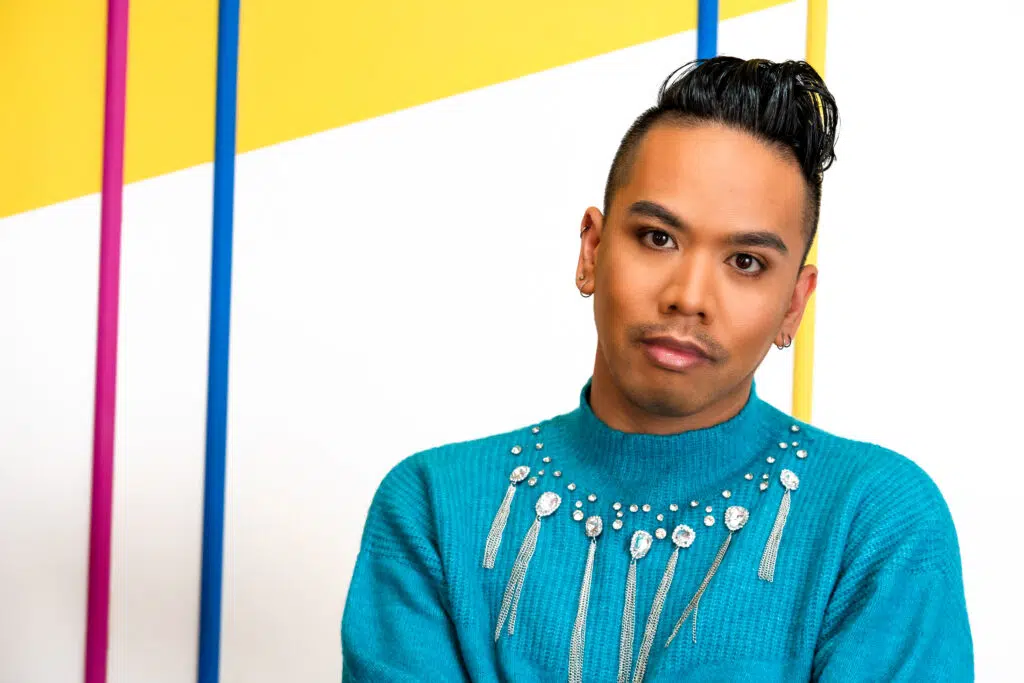
[Content warning: Suicide.]
In recent years, during the month of Pride, I’ve always been extremely excited about the celebration—the glittery and colorful extravagance all throughout the month of June.
However, this year, I’ve taken a pause to really understand my journey, the one I’ve taken individually and the one the queer community is on at the moment. I feel blessed to live in West Hollywood in Los Angeles, one of America’s queer-friendly meccas, though the sparkle in my heart has dimmed as I feel increasingly more concerned for my community across the country where our safety, protections and rights are all at risk. Unfortunately, none of us are safe.
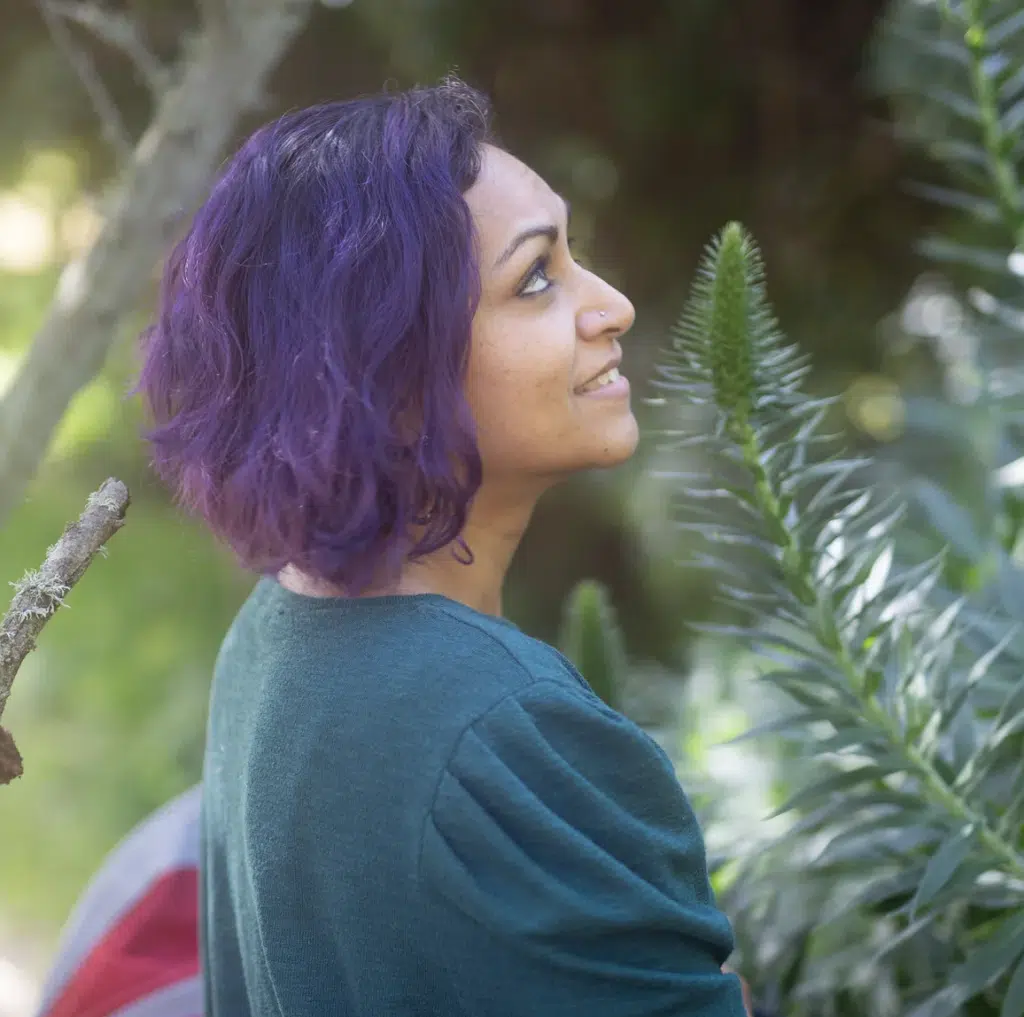
I’ve lived with bipolar disorder for the last 13 years. Though the initial years were brutal, once I understood my triggers and what it takes to stay well, I’ve been privileged to have stayed healthy for much of the last decade. This included — to my relief — my first pregnancy and post-partum period and serving in high-intensity public health roles through the pandemic, as California’s Acting Surgeon General and previously the office’s first Chief Health Officer.
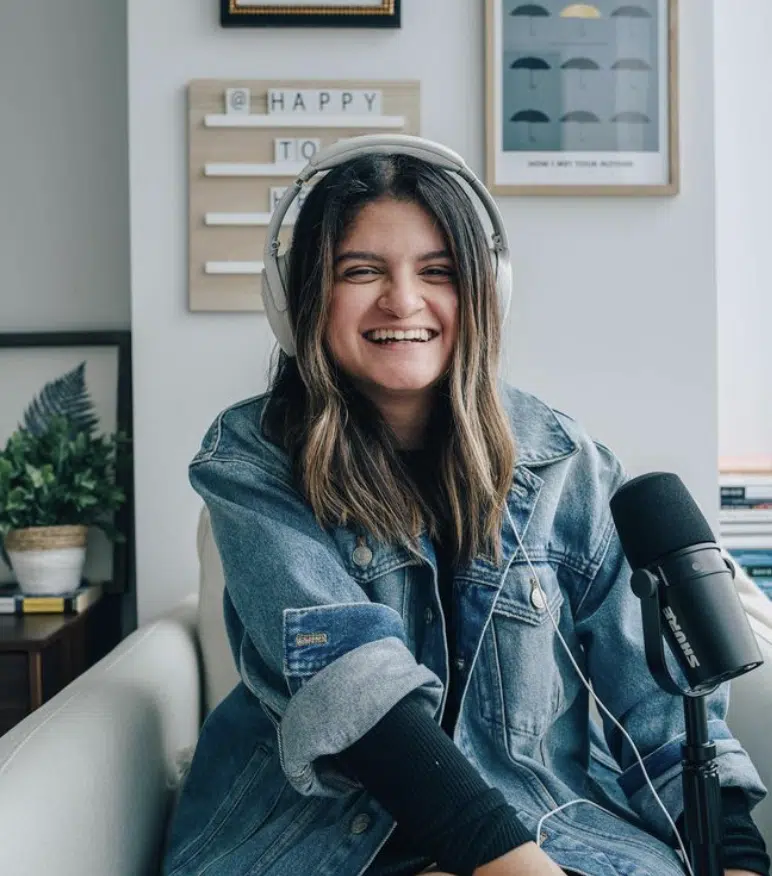
I love music. Recently, I was listening to a random playlist Spotify generated for me when a song titled “Before I Have A Daughter” by Bre Kennedy started playing. Bre Kennedy sings about building a garden that grows on the same ground where tears have fallen and hearts have also been broken. Her goal is to learn to tend to this garden so that it flourishes on both the good and bad days.

Help us with your feedback on this 3-question survey!